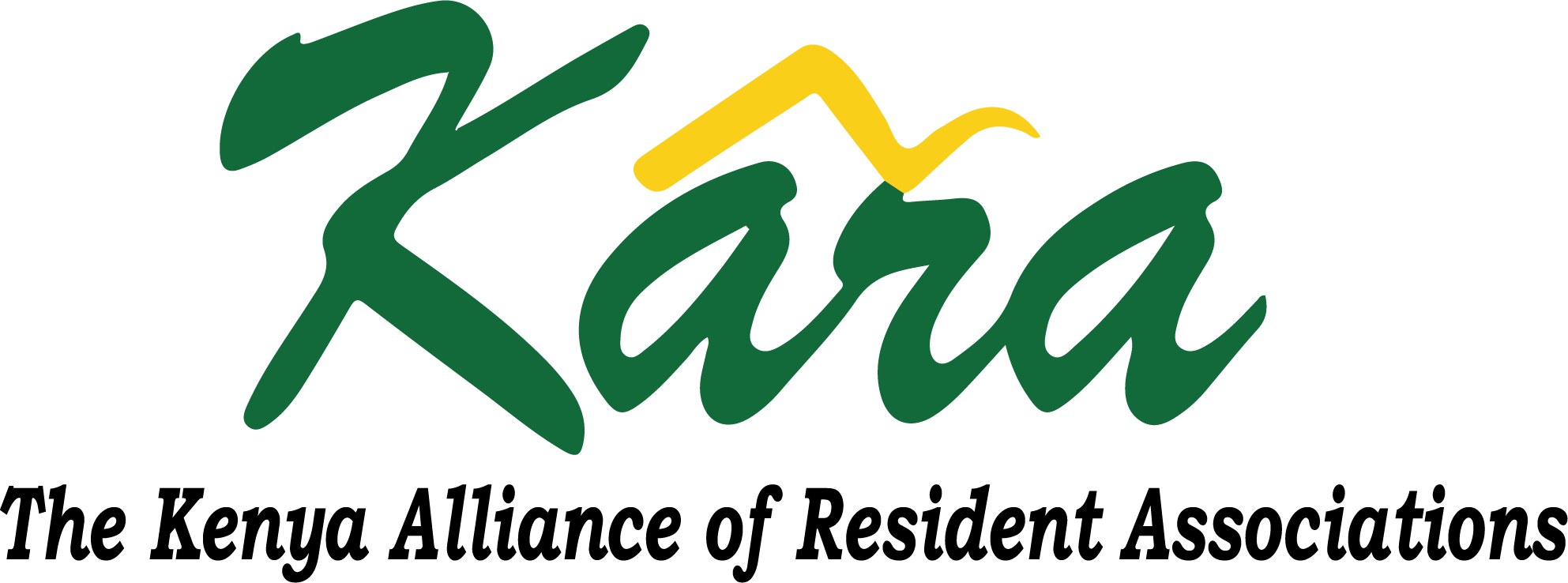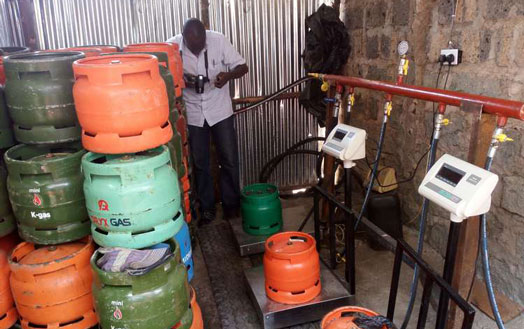Are our regulatory authorities inept or simply corrupt? I couldn’t help but ask this question after the Energy and Petroleum Regulatory Authority (EPRA) said in a statement that the Embakasi gas plant, where three people were killed and nearly 300 injured last week following an explosion, had been operating illegally since EPRA had rejected three applications for permits to build a storage and filling facility at the site.
Grounds for the rejection? The facility’s designs did not meet safety standards and there was a high population around the proposed site. So why then did it continue operating? Where was EPRA? The National Environment Management Authority has confirmed that the Environmental Impact Assessment licence for the plant was processed unprocedurally, meaning that some officers were compromised.
The Embakasi incident is a confirmation that there is a much bigger problem when it comes to enforcement of necessary rules and regulations that are intended to protect the public from exposure to danger.
It is sad that the LPG storage and filling plant was operating within a residential area and that EPRA, which is charged with the responsibility of licensing and regulating such facilities, never took any action against the proprietors. This points to a now too familiar practice where government officers responsible for enforcing the law are compromised to allow illegalities, thereby jeopardising the lives of Kenyans.
The Embakasi scenario is not isolated as there is proliferation of such illegal businesses across various neighbourhoods. It is imperative to address the alarming reality that unlicensed businesses are putting residents’ lives at risk, with authorities seemingly turning a blind eye to the looming dangers.
Last week’s gas explosion tragedy serves as a stark reminder of the urgent need to address the proliferation of unlicensed gas and petroleum entities operating within residential areas. This incident is symptomatic of a larger issue that threatens the safety and well-being of our communities. It is unacceptable that entities dealing with volatile substances are allowed to operate without the necessary permits, thereby jeopardising the lives of those residing in their proximity.
All LPG storage and filling stations as well as petrol stations operating in residential areas and within unacceptable safety distance in various neighbourhoods should be closed down and the proprietors be charged in a court of law for operating an illegal business.
There is a pressing need for increased vigilance and proactive measures by regulatory authorities. Regular inspections and audits of gas and petroleum facilities, particularly in residential areas, should be conducted to identify and shut down illegal operations promptly. The tragic incident in Embakasi underscores the urgency of such interventions to prevent future disasters.
It is disheartening to witness the nexus between impunity and corruption that allows these illegal operations to persist. Government agencies must demonstrate a commitment to upholding the rule of law and prioritise the safety of citizens over any potential gains from corrupt practices.
Additionally, government agencies should put in place mechanisms that make it easy to report suspicious activities, acting on the reports and involve communities in combating illegal operations.
In addition, there is need for joint and deliberate efforts between state and nonstate actors, towards public education and awareness campaigns about the dangers posed by unlicensed gas and petroleum entities. By arming communities with information on identifying legal operations and reporting illicit ones, we can create a more vigilant and resilient society.
The tragic Embakasi incident should also catalyze legislative reforms to strengthen penalties for illegal operations and tighten regulatory frameworks. The government must prioritise the review and enhancement of existing laws to create a more robust system that acts as a deterrent for those tempted to engage in illicit activities.
Such laws should be buttressed by collective action by stakeholders and government agencies. Only through genuine, deliberate and concerted effort can we protect our communities from the devastating consequences of illegal activities and ensure the safety of all residents.
Mr Ochieng, CEO, The Kenya Alliance of Resident Associations

